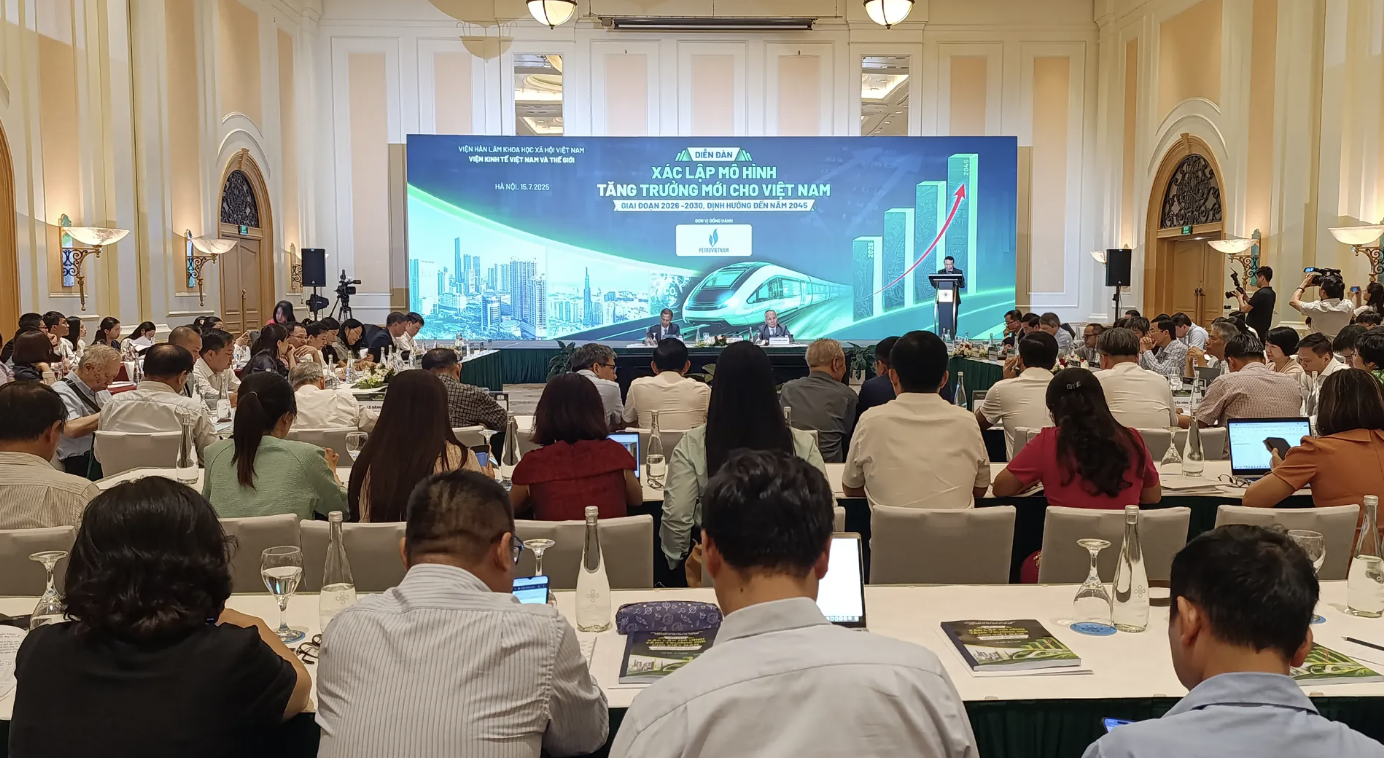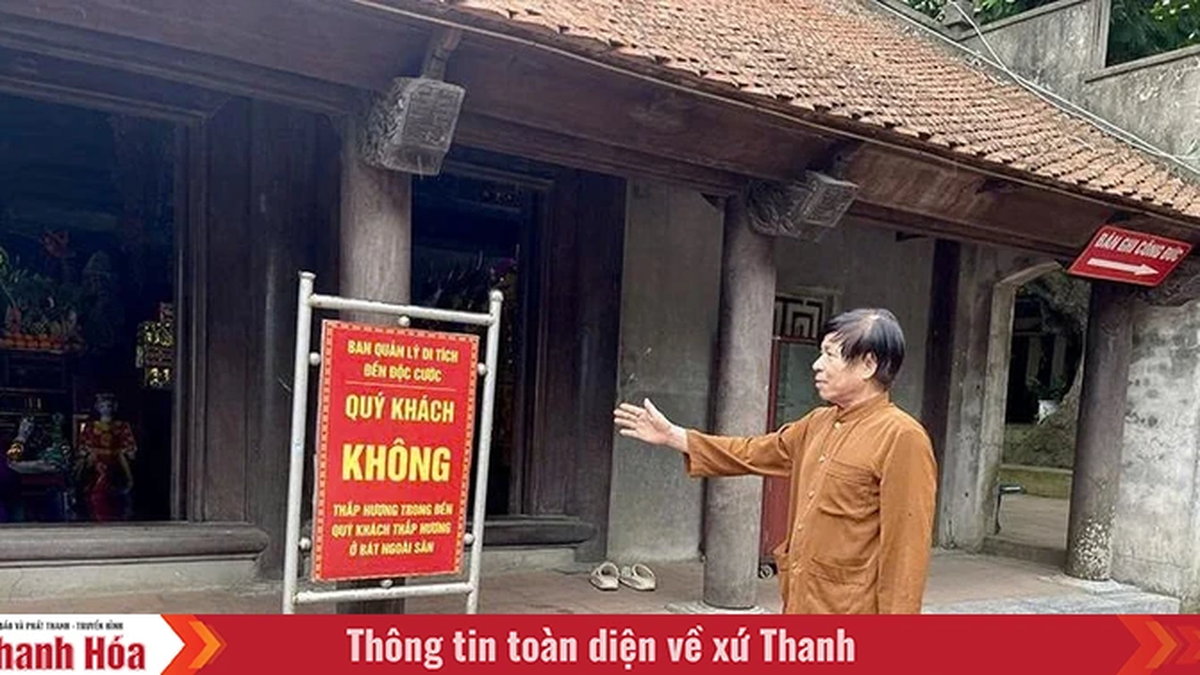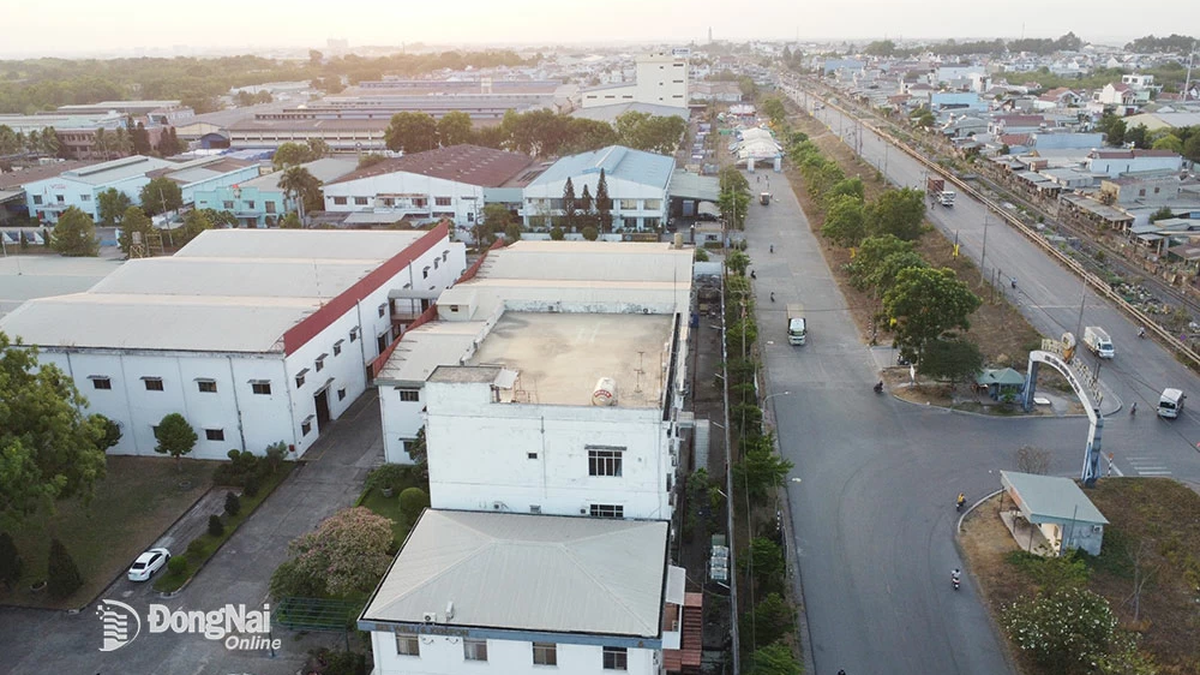Identify limitations and risks of falling behind
At the forum, experts assessed that although Vietnam’s growth model has improved in quality in recent times, it has revealed many limitations. Existing problems include unstable development, slow improvement in labor productivity, and low contribution of total factor productivity (TFP).
 |
| Forum scene. (Photo: kinhtedothi.vn) |
Commenting on this situation, Dr. Dang Xuan Thanh, Vice President of the Vietnam Academy of Social Sciences, said that Vietnam's economy "is not stagnant but also not booming, no longer poor but not yet rich". According to him, this is a sign of the middle-income trap, a challenge that many developing countries have not been able to overcome.
Pointing out specific limitations, Dr. Le Xuan Sang, Deputy Director of the Institute of Vietnam and World Economics, said that Vietnam's economic growth is still mainly based on investment capital, cheap labor and is heavily dependent on external factors.
Dr. Dang Xuan Thanh further emphasized that in the context of a volatile world, if Vietnam does not promptly transform its growth model, it will risk falling behind in the global value chain. He pointed out factors that are reshaping the global development landscape such as: digital transformation and artificial intelligence, green transformation with climate commitments, and the restructuring of global supply chains.
Solutions for new growth models
Experts at the forum agreed that the new growth model needs to be based on productivity, science and technology, and innovation, with the digital economy and green economy as breakthroughs.
Regarding the digital economy, Professor, Dr. Tran Tho Dat, Chairman of the Science and Training Council, National Economics University, said that Vietnam has advantages in political stability and a golden population with digital skills. However, he also pointed out difficulties such as digital gap, unsynchronized institutions and low business level. To overcome these difficulties, he suggested that it is necessary to improve institutions, develop digital infrastructure, focus on human resources and promote the domestic technology ecosystem.
Giving recommendations, Dr. Nguyen Ba Hung, ADB Chief Economist in Vietnam, suggested that Vietnam should promote healthy competition and support businesses based on research and development results, regardless of type. He also emphasized the need to improve international competitiveness through technology acquisition and private enterprise development.
From international experience, Dr. Le Xuan Sang believes that Taiwan's model has similarities for Vietnam to refer to. He suggests that in the next 5 years, Vietnam needs to promote the shift of investment from quantity to quality, especially for small and medium enterprises, while building a new driving force system and focusing on the application of science and technology.
The opinions contributed at the forum will be compiled by the Organizing Committee to develop a policy recommendation report to send to the Government and relevant agencies.
Source: https://thoidai.com.vn/xac-lap-mo-hinh-tang-truong-moi-dong-luc-de-viet-nam-but-pha-214869.html




















































![[Maritime News] More than 80% of global container shipping capacity is in the hands of MSC and major shipping alliances](https://vphoto.vietnam.vn/thumb/402x226/vietnam/resource/IMAGE/2025/7/16/6b4d586c984b4cbf8c5680352b9eaeb0)












































Comment (0)